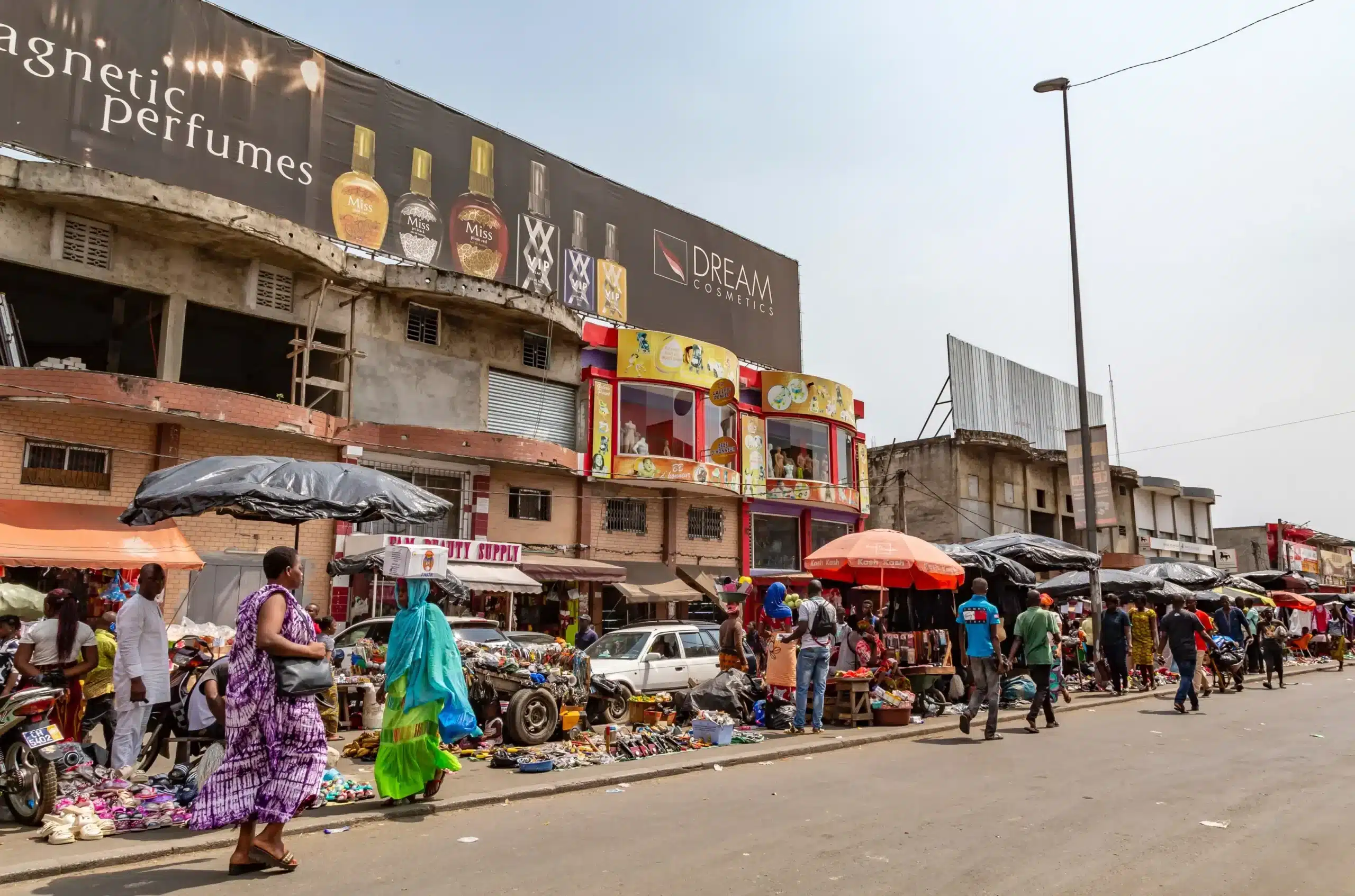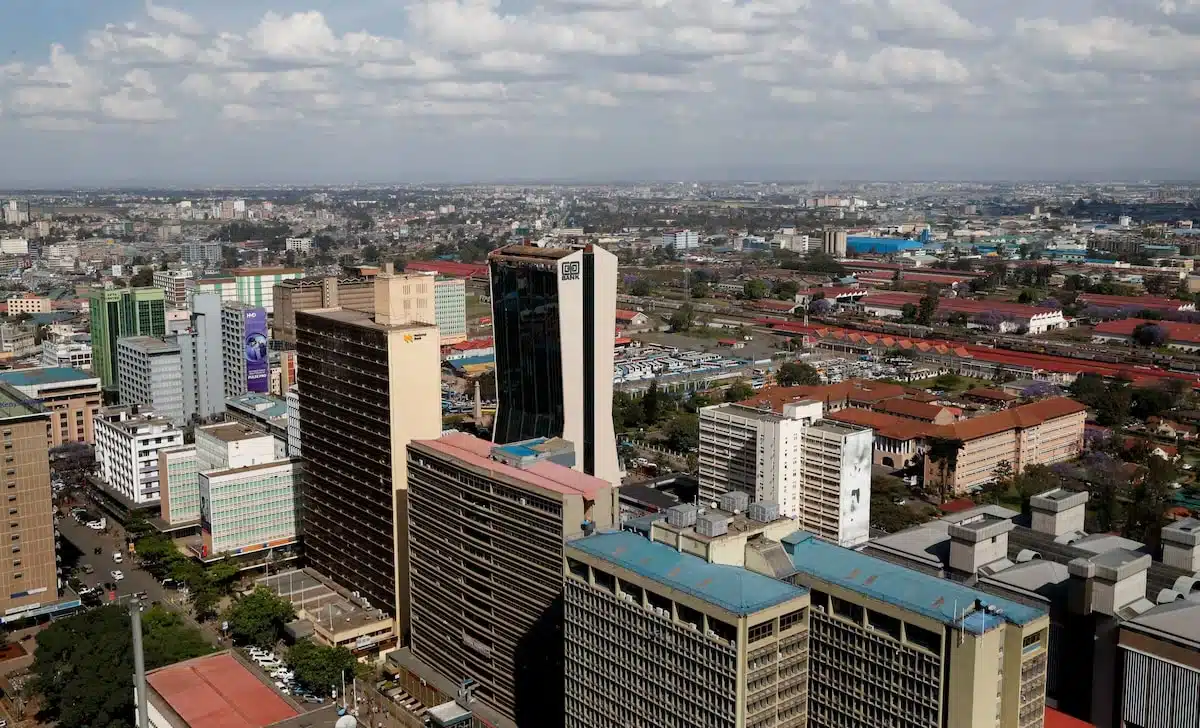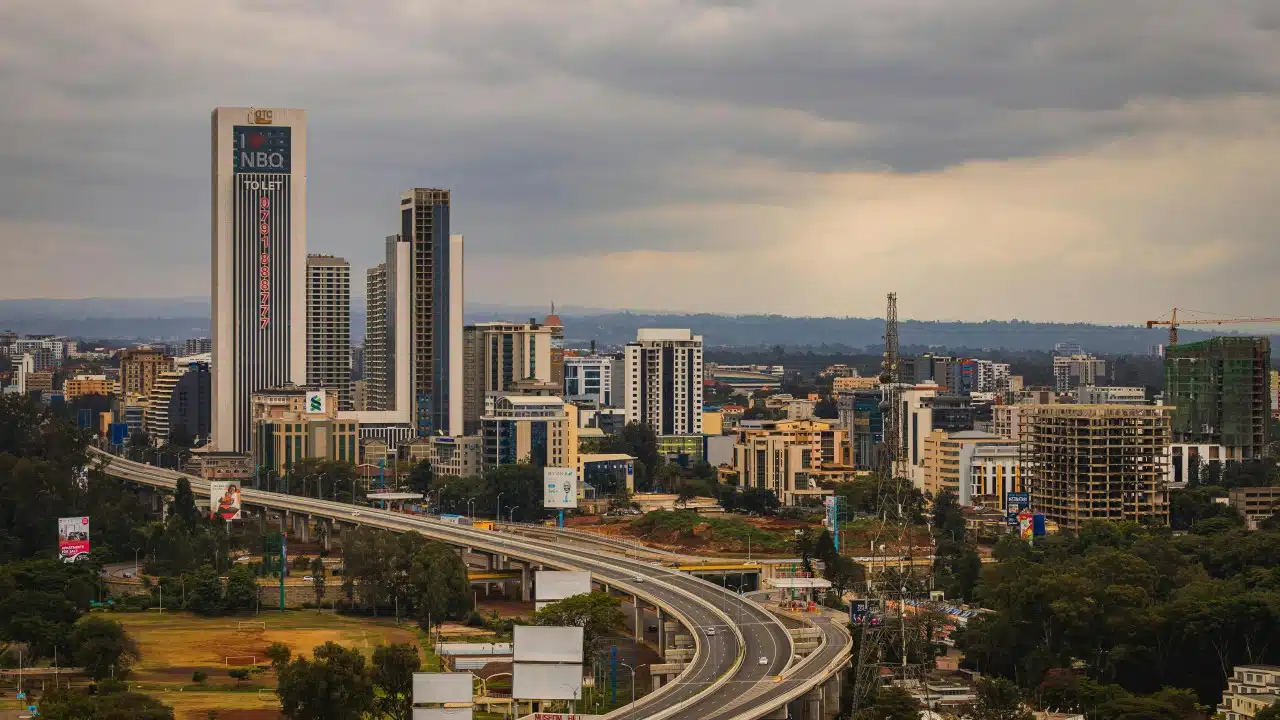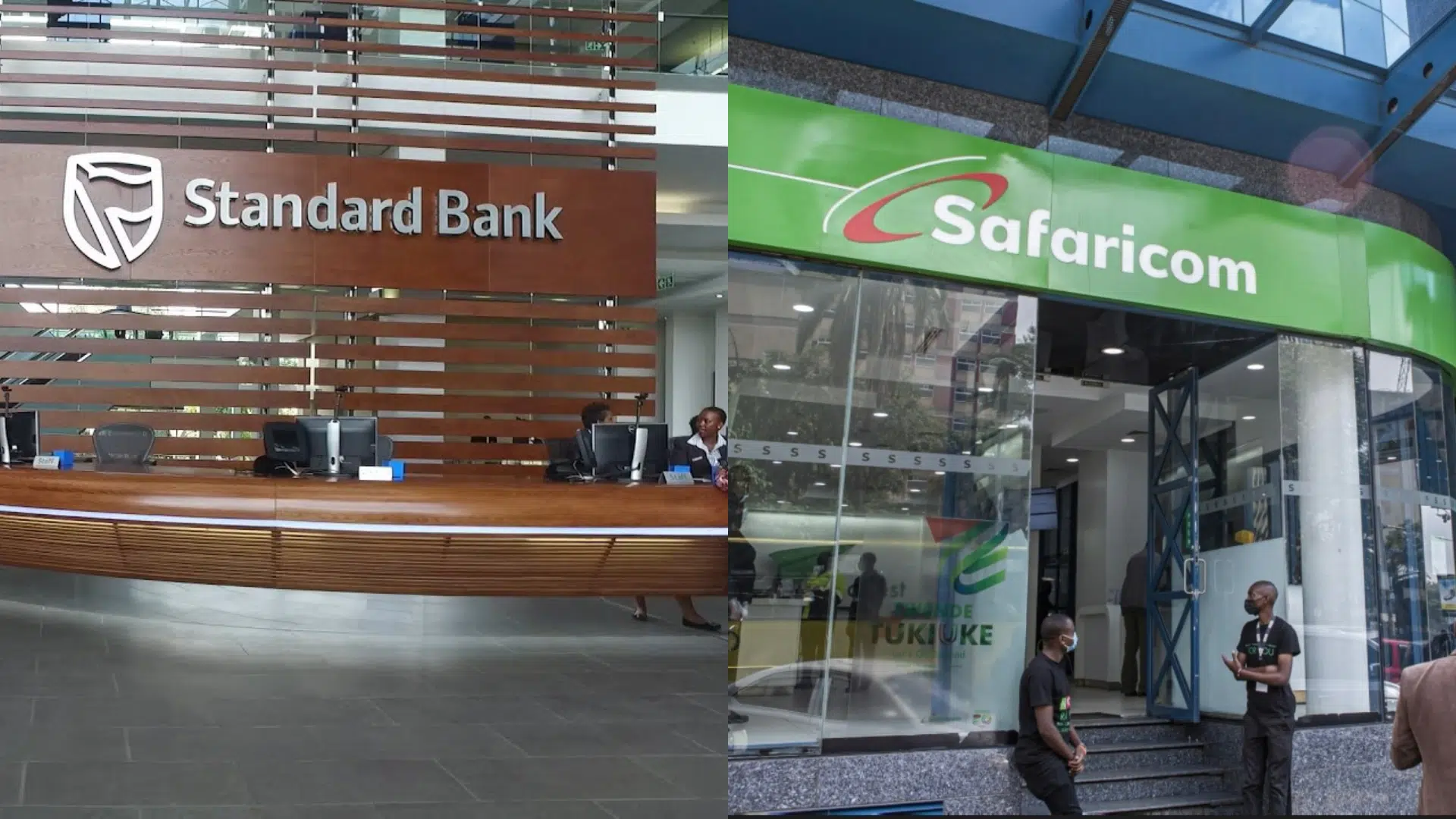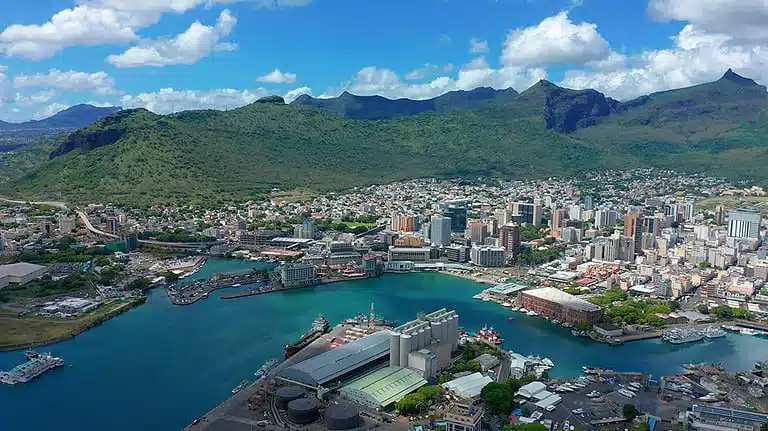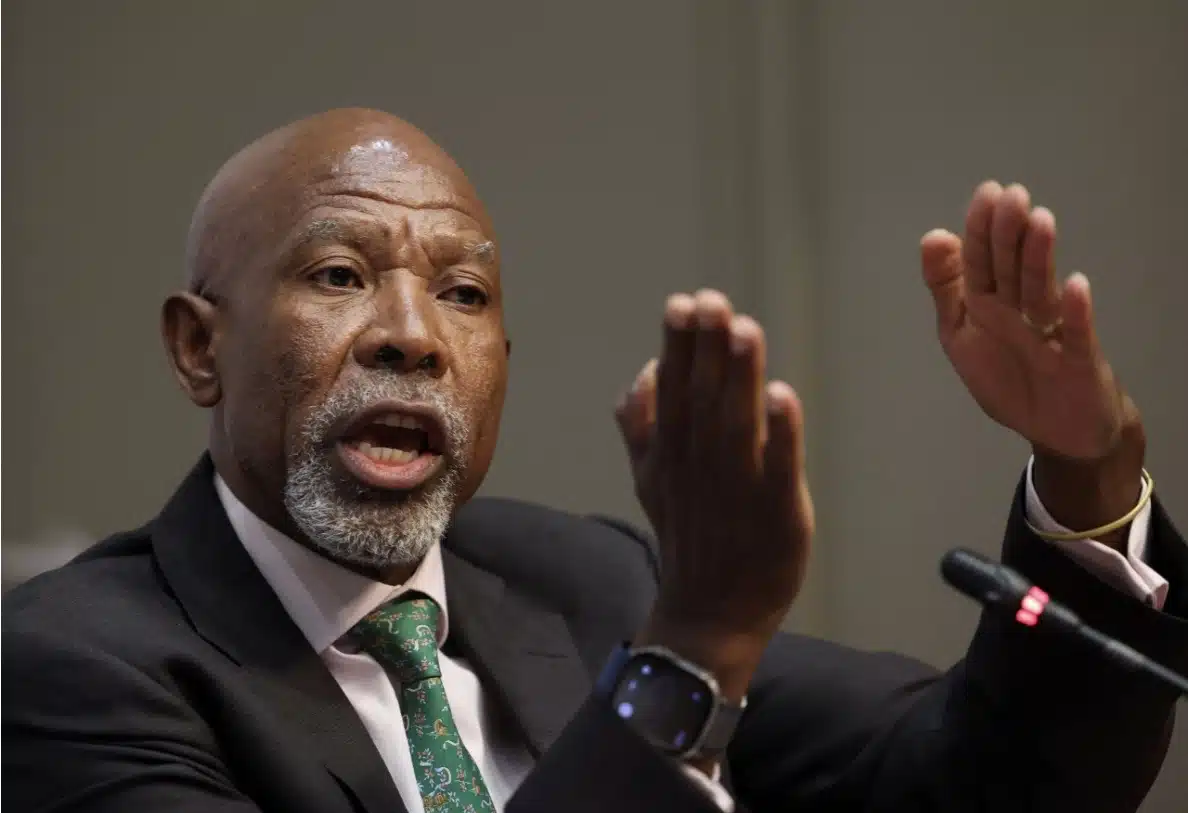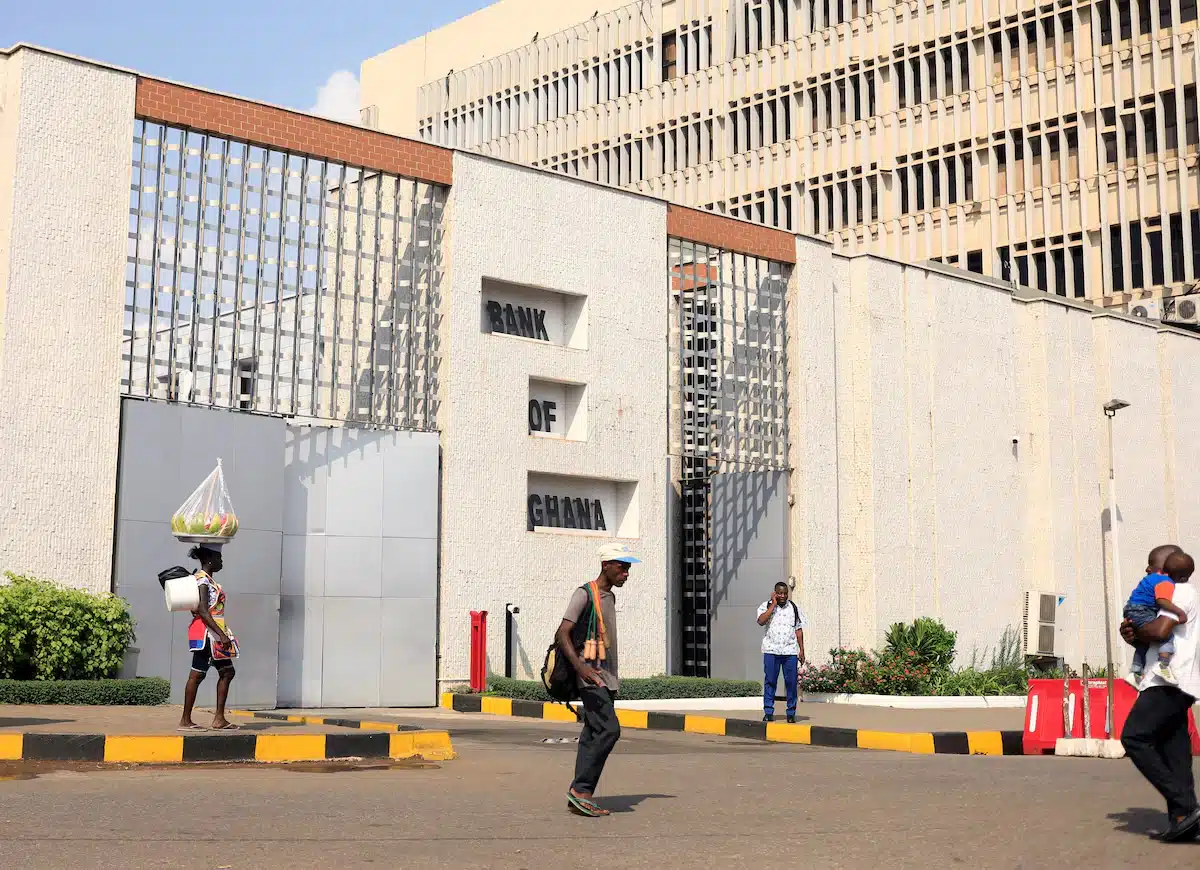Côte d’Ivoire has recorded the biggest improvement in Africa’s investment attractiveness ranking for 2025, thanks to its government’s ambitious industrial reforms and drive to expand value addition in key commodities such as cocoa and cashew.
According to the latest ‘Where to Invest in Africa’ report by Rand Merchant Bank (RMB), the country climbed eight places — from 16th to eighth position — among 31 African economies assessed. The index measures investment potential across 20 indicators grouped under four pillars: macroeconomic performance, market accessibility, innovation and stability, and human development.
This year’s edition places Seychelles, Mauritius, Egypt, South Africa, and Morocco as Africa’s top five investment destinations, followed by Ghana, Algeria, Côte d’Ivoire, Tanzania, and Kenya.
“Côte d’Ivoire stands out as the highest climber in the rankings, halving its distance from the top with a jump from 16th to eighth place,” the report said. “Several tailwinds are likely contributors to the country’s surge up the rankings, from strong growth momentum to rising industrial capacity.”
Growth momentum and infrastructure progress
The International Monetary Fund (IMF) projects Côte d’Ivoire’s economy to grow by 6.3% in 2025, building on an average real GDP growth rate of 6.7% between 2021 and 2023 and six percent in 2024. RMB describes the country’s economic prospects as “robust and increasingly diversified.”
Among the country’s major achievements is its near-universal access to electricity, now covering 94% of its population. The success stems from the government’s Electricity for All programme, supported by the World Bank.
Recognising that grid coverage alone did not guarantee access, the initiative offers households, businesses, and schools flexible financing for meter installation, allowing users to pay for power on a pay-as-you-go basis.
“This model has expanded access to reliable electricity, which is a key enabler for industrial growth,” the African corporate and investment banking firm noted.
While agricultural productivity has stagnated—cocoa output fell by 25% in 2024 compared to 2023—the government’s focus has shifted toward domestic processing of raw materials. Côte d’Ivoire remains the world’s largest cocoa producer, but it is now investing heavily in downstream processing to capture more value locally.
Industrial reforms, cashew processing boom
A major success story has emerged in cashew nuts, where Côte d’Ivoire is the world’s largest raw exporter. In 2024, the country processed 30% of its cashew output domestically, with a target to reach 50% by 2030.
The government has implemented a range of incentives to promote industrial growth, including exemptions on import duties for machinery and subsidies on processed nuts destined for export. “These incentives have created a favorable climate for both local and foreign investors in agro-processing,” RMB said.
Singapore’s Olam Group was an early entrant, opening its first processing plant in 2012 and now operating four facilities in the country. More recently, the UAE’s Al Sayegh Group invested €22 million in a northern plant that employs about 2,000 people.
In January 2025, Singapore’s Valency International launched a $40 million processing facility, reinforcing Côte d’Ivoire’s position as a hub for agro-industrial investment.
According to the World Bank, the push to process cashews locally created over 18,300 jobs between 2018 and 2024, with women holding about 66% of these positions.
India’s Arise Integrated Industrial Platforms (Arise IIP), a developer and operator of industrial zones, entered into a public-private partnership with the government in 2022 to further support industrial value chains.
The Zones Industrielles de Côte d’Ivoire project, spearheaded by Arise IIP, focuses on agro-industrial development. The African Development Bank recently committed $100 million to the company to strengthen its operations in the country.
Three dedicated cashew-processing zones — located in Korhogo, Bondoukou, and Séguéla — have already been developed, significantly boosting domestic processing capacity.
Infrastructure development has kept pace with industrial ambitions, with about 1,800 kilometres of access roads rehabilitated to improve logistics and trade connectivity.
Expanding beyond agriculture
Beyond agriculture, Côte d’Ivoire has made strategic moves into hydrocarbons following major offshore discoveries. The Baleine oil and gas field, discovered in 2021, began production in August 2023, with a second phase launched in December 2024.
Alongside the newly discovered Calao field in 2024, these developments are expected to more than triple the country’s oil production by 2027.
Despite being placed under continued monitoring on the Financial Action Task Force grey list in 2025, Côte d’Ivoire demonstrated strong investor confidence earlier in 2024 when it became the first African nation to issue a Eurobond since 2022. The country successfully raised $2.6 billion, with an oversubscribed order book exceeding $8 billion.
Political tensions ahead of elections
However, political uncertainty poses a near-term risk. As the country approaches elections in 2025, court rulings barring key opposition leaders — including Tidjane Thiam, Head of the main opposition party — from contesting have triggered controversy.
RMB’s report cautions that sustained political stability will be critical to maintaining investor confidence and supporting growth.
Nevertheless, Côte d’Ivoire’s strong macroeconomic fundamentals, growing industrial base, and diversification strategy have positioned it as one of Africa’s most promising investment destinations.
Nigeria falls out of Africa’s best 10 investment destinations
While Côte d’Ivoire and other smaller economies such as Zambia saw major improvements, Africa’s most populous nation, Nigeria, suffered the steepest decline in the 2025 RMB investment attractiveness ranking.
Nigeria dropped nine places — from ninth to 18th — in the latest report, falling out of the continent’s top 10 despite bold reforms under President Bola Tinubu aimed at stabilizing the economy and boosting investor confidence.
RMB attributed Nigeria’s lower ranking largely to the sharp depreciation of the naira, which significantly reduced the country’s GDP in dollar terms.
“The significant decline in Nigeria’s ranking position may be directly the result of lower GDP figures in US dollar terms,” the report said. “However, the policy decisions and economic mechanics must be read with a long-term view and the strategic intention in mind.”
The updated GDP data show consistent growth in nominal naira terms — from ₦205.1 trillion in 2019 to ₦372.8 trillion in 2024 — but a sharp drop in dollar value due to exchange rate depreciation, with GDP falling from $668.3 billion in 2019 to $252 billion in 2024.

